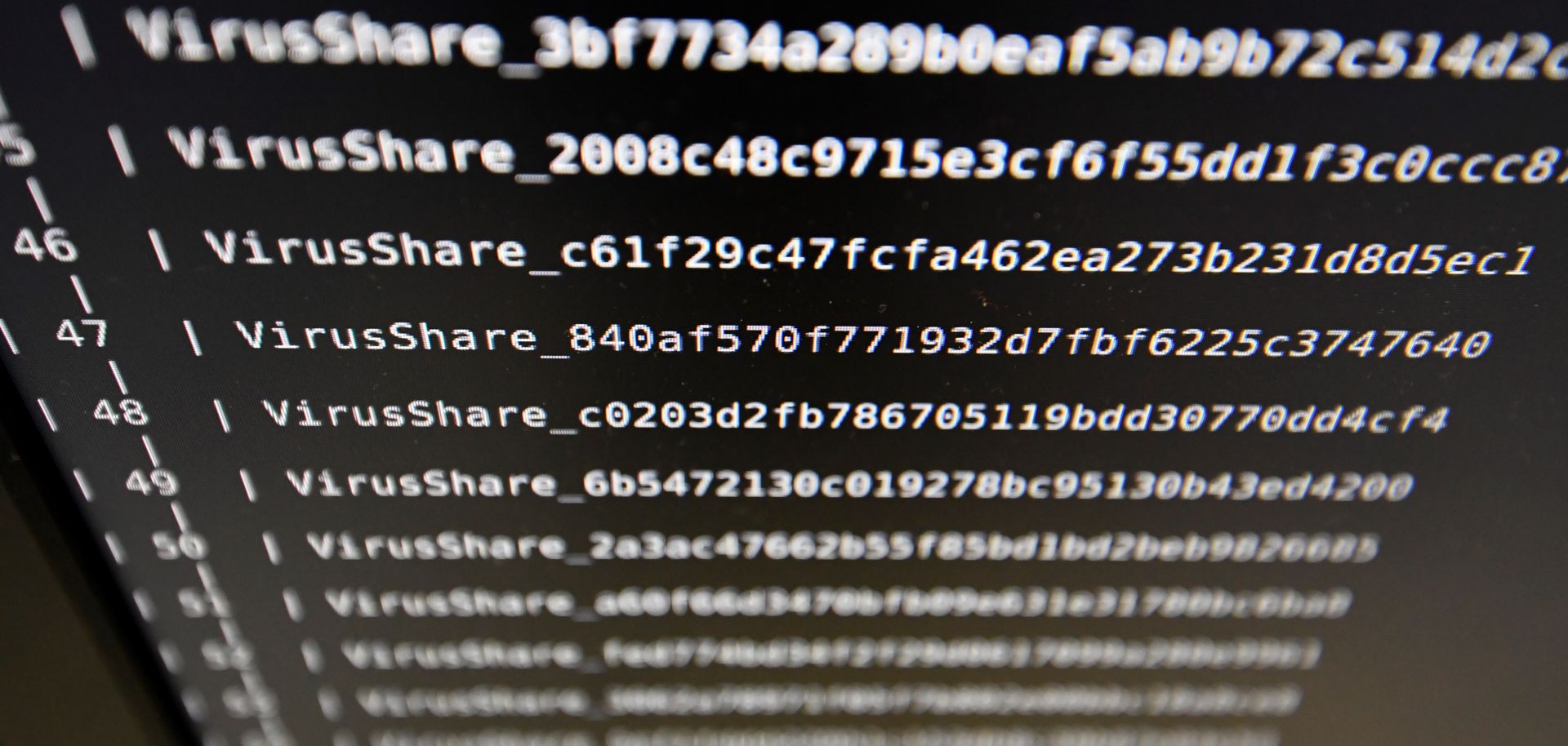Iran's Islamic Revolution could play out, in part, online. On Jan. 4, the Carnegie Endowment for International Peace published a report describing the country as a "third-tier cyberthreat." The report's authors note that despite Iran's success with cyberattacks such as Shamoon and a spear-phishing campaign that hit Deloitte and several other companies, Iranian attacks generally feature poor tradecraft. As a result, investigators haven't had much trouble tracking cyber operations back to the Islamic republic, whether because the attack code contained Farsi terms or because its associated IP address traced to Iran. Iranian spear-phishing attacks, likewise, frequently suffer from their perpetrators' poor command of the English language.
But even if its capabilities pale in comparison with those of Russia or China, Iran is still a cyberthreat, albeit a third-tier one. The Carnegie Endowment's report about the country's adoption and use of an asymmetrical weapon such as hacking called to mind the way...


